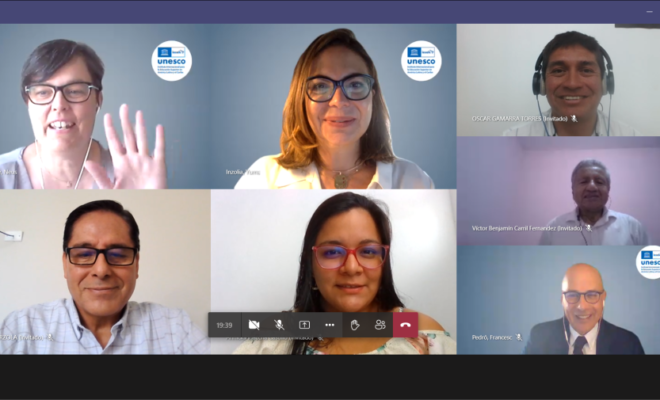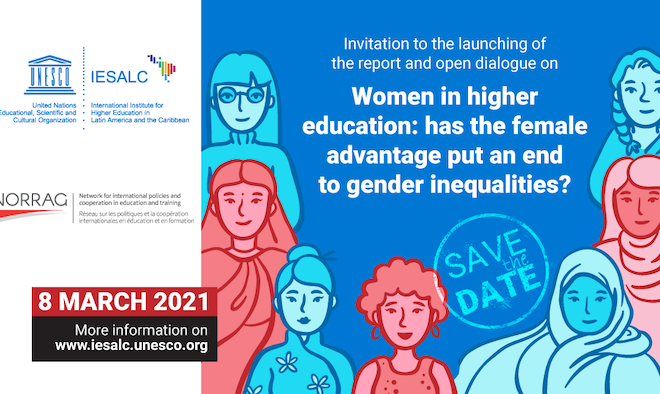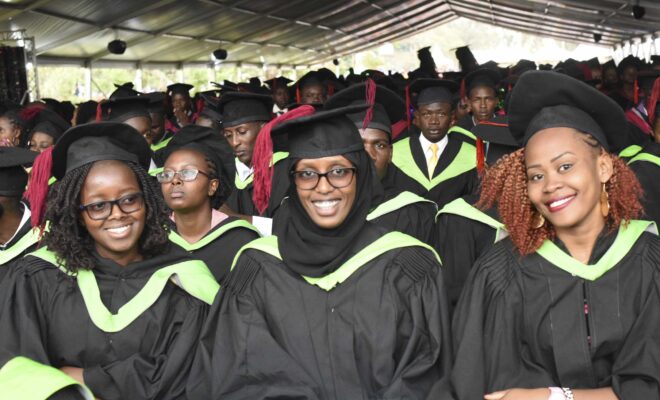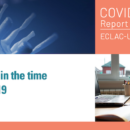Cultural stereotypes and lack of support prevent Eastern African women from advancing in higher education
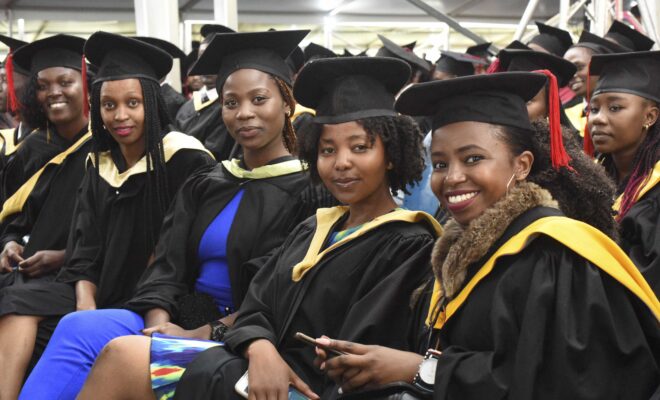
- Limited resources, prioritization of boy’s education, female genital mutilation and early marriages, negatively affect women’s tertiary education and participation
- Women leadership is improving but it is still not satisfactory
- Provision of conditions and funding facilitating their study and work must be considered
Inequalities in women’s participation in higher education persist in Eastern Africa. Even though there have been improvements in terms of enrolment, gender parity is not a reality and leadership positions are still ruled by men.
UNESCO IESALC, in partnership with the UNESCO Regional Office for Eastern Africa, analysed how women from Kenya, South Sudan and Uganda are participating in the tertiary education sector and what is causing the gaps in gender inclusion in the publication entitled Supporting women participation in Eastern Africa. Building sustainable and equitable higher education systems in Kenya, South Sudan and Uganda.
“Although in Sub-Saharan Africa, the female gross enrolment ratio (GER) has double from 2000 to 2018, going from 4% to 8%, it still remains below the male GER (10% in 2018)”
Francesc Pedró,
Director of UNESCO IESALC
The circle begins at lower education levels, where socio-economic and cultural gender iniquities start. Limited resources, prioritization of boy’s education, female genital mutilation or early marriages, negatively affect progression to other educational stages of education.
Multiple factors hinder women development in HE or reaching leadership positions. Maternal household and lack of women friendly facilities limit time dedication to research and related activities required for upward mobility in leadership positions.
HE institutions have not fully exploited opportunities that exist for gender advancement, including potential partnerships for supporting advancement of women with funding opportunities, in particular to those undertaking Science, Technology, Engineering and Mathematics (STEM) courses.
The implications of the results of the study are far-reaching and governments, especially ministries of education are called upon to do what it takes to increase the enrollment of girls in schools. More importantly, they also call on the leadership of higher education institutions to implement measures, some of which already exist, to increase the opportunities for women to assume leadership positions in higher education institutions
Hubert Gijzen, Director of the UNESCO Regional Office for Eastern Africa
In Kenya, higher education has evolved over time from a initial university in 1952 to 32 chattered public universities, 9 public university constituent colleges, 21 chattered private universities and 3 private university constituent colleges.
In South Sudan, there has been the severe retardation of girls’ education due exclusivity of male education and to closure of girl’s schools by government authorities in the fifties.
Tradition and tribal customs regarding gender relations and masculine stereotypes are still dominant in everyday life. This research is in fact the first time an effort is being made to investigate the participation of women in HE and in position of leadership in South Sudanese universities and other tertiary institutions.
In Uganda, under similar circumstances, women do not have good access to higher-level jobs, positions, voice and wealth like men. The low representation of women in leadership positions in higher education institutions in the country can be traced back to the late start in women’s enrolment in modern schooling.
Some takeaways
-The numbers of women in HE governance and leadership is improving but it is not satisfactory
– Almost all universities have gender policies, but barriers to take up administrative positions persist
– Academic qualification is not enough; therefore women should be mentored and trained in leadership
-Special consideration should be given to females both as students and academics by provision of conditions facilitating their study and work
-The government and its partners should consider women academic access to high standing world universities
RELATED ITEMS

